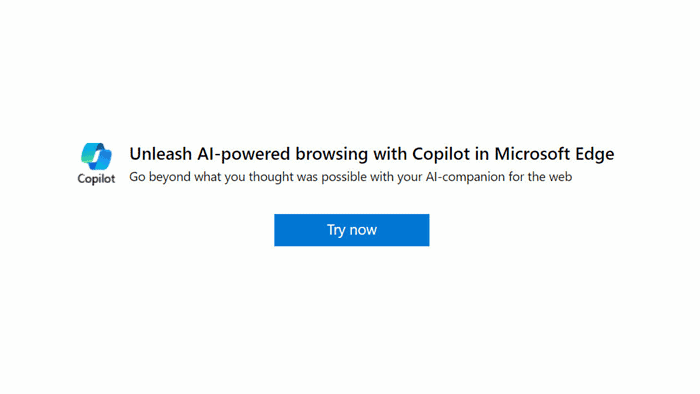Mozilla accuses Microsoft of using "Dark Patterns" to push Edge on Windows
Key notes
- Mozilla accuses Microsoft of using deceptive tactics (“dark patterns”) to push Edge browser on Windows users.
- Examples include misleading ads, confusing interfaces, and language-mimicking system warnings.
- Mozilla urges Microsoft to stop these practices and calls for regulations to ensure fair browser competition.

Mozilla, the non-profit organization behind the Firefox browser, has released a report titled “Over the Edge: How Microsoft’s Design Tactics Compromise Free Browser Choice.“ The report accuses Microsoft of employing deceptive design elements, known as “dark patterns,” to steer Windows users towards its Edge browser, unfairly disadvantaging competitors like Firefox and Chrome.
The report outlines several tactics allegedly used by Microsoft:
- Injecting ads for Edge: Mozilla claims that Edge ads appear on the Chrome download page and in Bing search results for other browsers, potentially misleading users.
- Confusing interface: The report criticizes the Windows 11 settings for default browser selection, where some file types and link associations remain unchanged even after choosing a new default browser.
- Misleading language: Mozilla points out instances where notifications regarding browser settings use language that mimics system warnings, potentially tricking users into actions favoring Edge.
Mozilla argues that these practices restrict user choice and stifle competition in the browser market. The report concludes by urging Microsoft to abandon these “harmful designs” and advocating for regulatory action to ensure fair competition.
Microsoft has not yet responded to the report. However, the accusations come amid ongoing scrutiny of tech giants and their potential anti-competitive practices. Europe’s Digital Markets Act (DMA), set to be enforced in March 2024, aims to promote fair competition within the digital space. Whether the DMA will address the concerns raised in Mozilla’s report remains to be seen.
In related news, the UK’s Competition and Markets Authority (CMA) recently expressed concerns about Google’s revised Privacy Sandbox proposal, suggesting it might still harm competition in the online advertising market. This follows ongoing investigations into the dominance of Google and other tech companies across various sectors.
It’s important to note that these are just accusations at this point. While Mozilla presents its findings, Microsoft has yet to respond or offer its perspective. As the story unfolds, it’s crucial to maintain a neutral and objective approach, relying on factual information and avoiding sensationalism or speculation.
More here.
Read our disclosure page to find out how can you help MSPoweruser sustain the editorial team Read more




User forum
0 messages